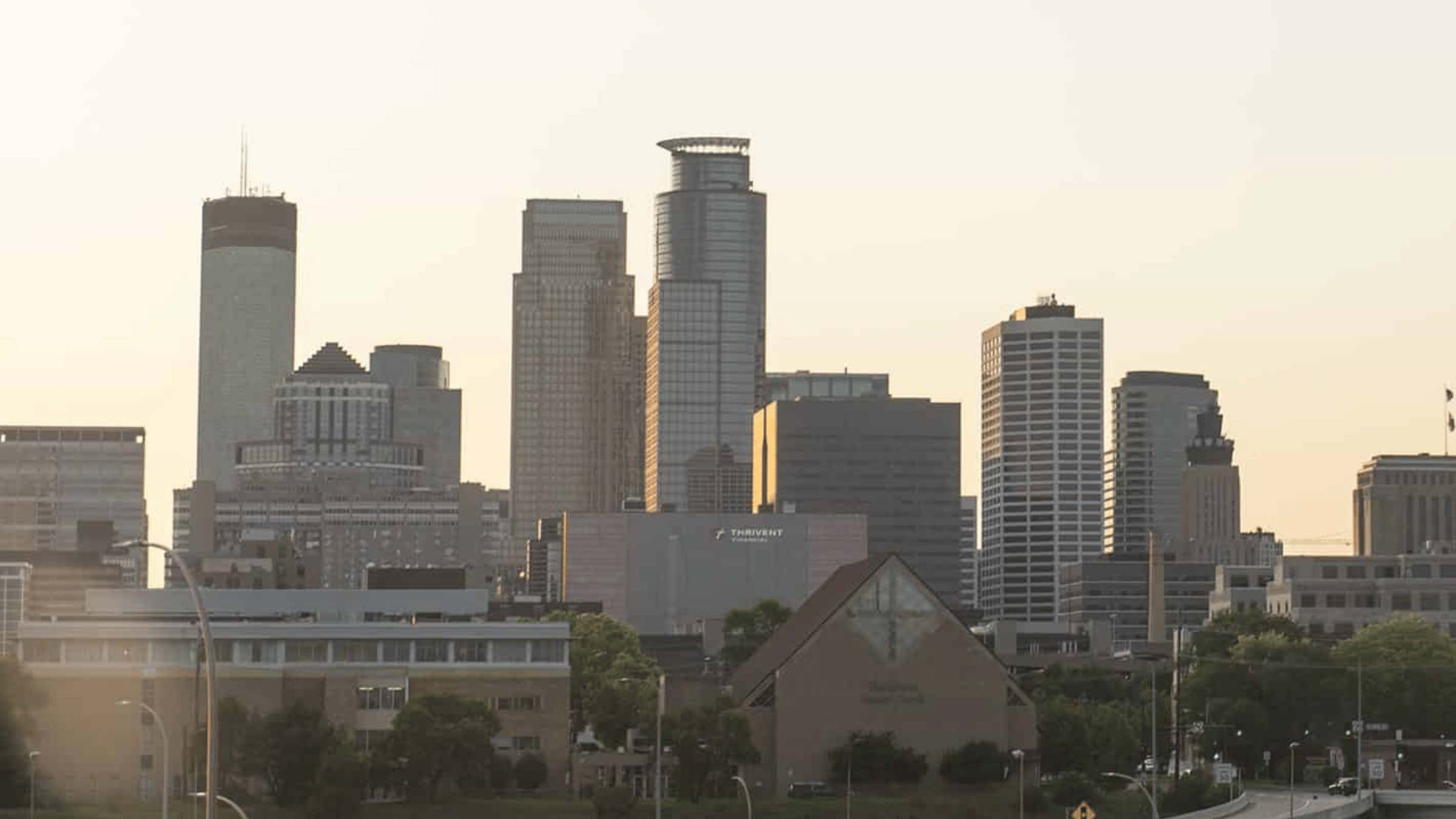
“Innovating for Impact” is a series where Greater Twin Cities United Way president and CEO John Wilgers invites readers to engage in learning and conversation around new ways to address our community’s most pressing needs while developing long-term, holistic solutions. Do you have an idea for how we can support our community and transform our region into a great place to live for everyone? Please share it in the comments section.
As we start the new year, here are four community trends I’m tracking and how Greater Twin Cities United Way and our partners are uniquely positioned to address them.
The Greater Twin Cities is facing a labor shortage as racial disparities in high school graduation rates persist and the balance between workers approaching retirement is greater than the number of workers entering the workforce. These imbalances impact our community and our region’s potential economic competitiveness.
We have enough talent to meet our workforce needs, but only if we properly engage and train all potential workers. To foster a growing economy for all, we need forward-thinking employers with progressive hiring, training and retention practices to employ workers that may have previously been overlooked. To better address the racial disparities that exist in our workforce, we need a system that is more transparent and tracked, so that we’re held accountable to improvements.
One solution for addressing these challenges is United Way’s Career Academies, an initiative designed to tackle our projected talent shortage which includes expanding paid internships and working with companies to use existing tuition benefits so students can secure good-paying jobs with little to no college debt. Another solution is the innovative work from United Way’s nonprofit partners, such as the International Institute, which is creatively engaging new Minnesotans in our region’s growing economy, and Twin Cities R!SE, which provides career training programs for adults looking for employment.
As our population continues to grow, affordable housing options are diminishing without adequate housing being built or preserved, and the number of unsheltered individuals – or those spending the night in bus terminals, on trains, or in unsafe and unstable shelter – is rising. Increased and new construction across the region isn’t serving people most at risk of homelessness.
Efforts like those by United Way partners Ain Dah Yung Center and Project for Pride in Living are addressing this need. Together, they’ve built a new housing facility in St. Paul that offers permanent, affordable housing for Native American youth, grounded in cultural practices and designed to welcome community into the space. Native Americans are 26 times more likely to experience homelessness than white people, and culturally-specific support like these are key to ending homelessness in our region.
Minnesota’s education achievement gaps are some of the worst in the country, as highlighted by a Federal Reserve of Minnesota 2019 study. Our education system is not working for everyone, and closing gaps is critical to ensuring all students have the opportunity to learn and thrive.
There is no silver bullet to solving this challenge, and progress requires multiple, creative approaches. One bright spot is the advancement of social-emotional learning (SEL) – critical to youth development and success. As you may recall, our former Propel SEL initiative focused on new ways to apply SEL and reinforced the value it provides students, teachers and families. SEL is essential to forming a person’s identity and sense of well-being, and it provides kids with skills to better understand and manage their emotions and achieve their goals. Organizations that participated in Propel SEL addressed some of the key needs and opportunities in youth education, such as developing culturally-specific SEL trainings and frameworks, and demonstrated that to be successful, organizations must:
We will build on our learnings from Propel SEL through a continued focus on social-emotional learning in our career and future readiness work.
To address these needs, we first must recognize systemic racial inequities are the source of these challenges. I am personally committed to addressing these inequities, and as leaders in community, we should all lean into understanding and addressing systemic racial inequities in order to work toward racial equity for all.
One way we’re tackling these inequities is United Way’s Culturally Powered Communities program. This initiative provides funding and support to culturally-specific organizations in the Greater Twin Cities. The program’s goal is to strengthen nonprofit organizations led by and serving people of color and American Indians, which in turn strengthens the entire nonprofit sector, our community and region.
I’m excited about the important and innovative work we’re continuing alongside our partners and donors in 2020. If you have any questions or feedback on any of these ideas, please share them in the comments section below.